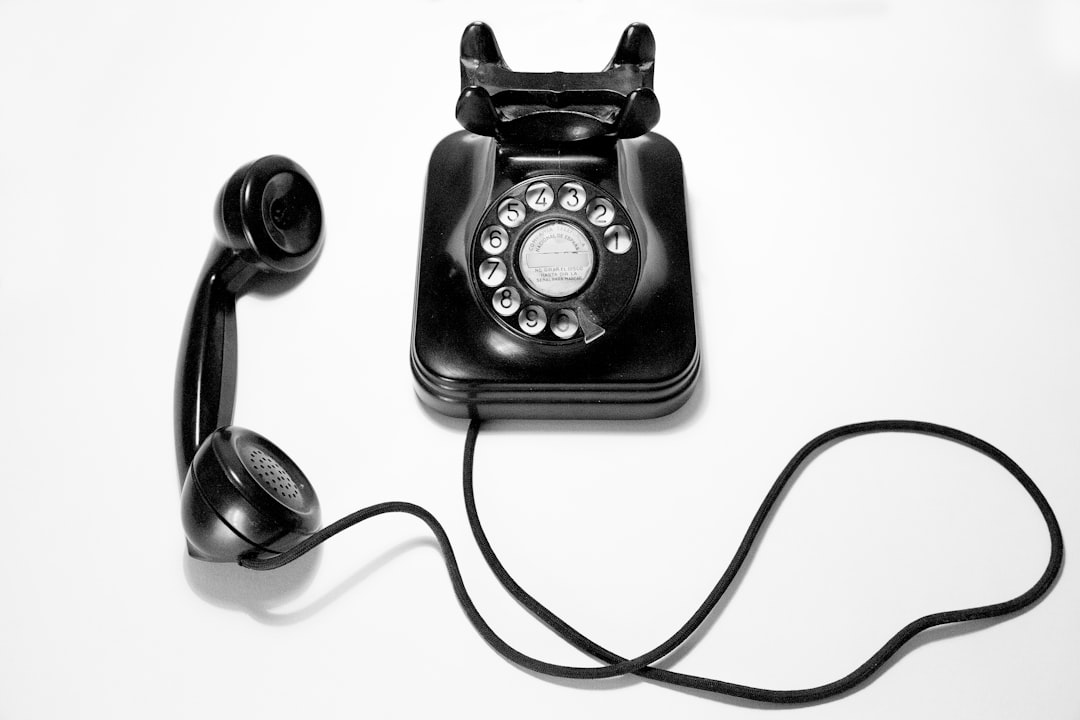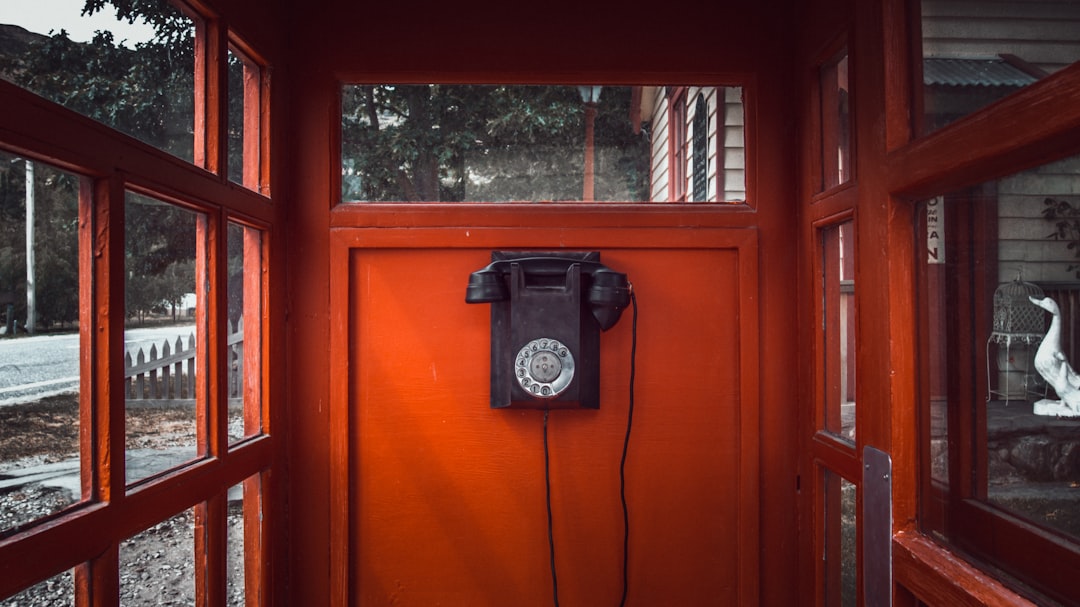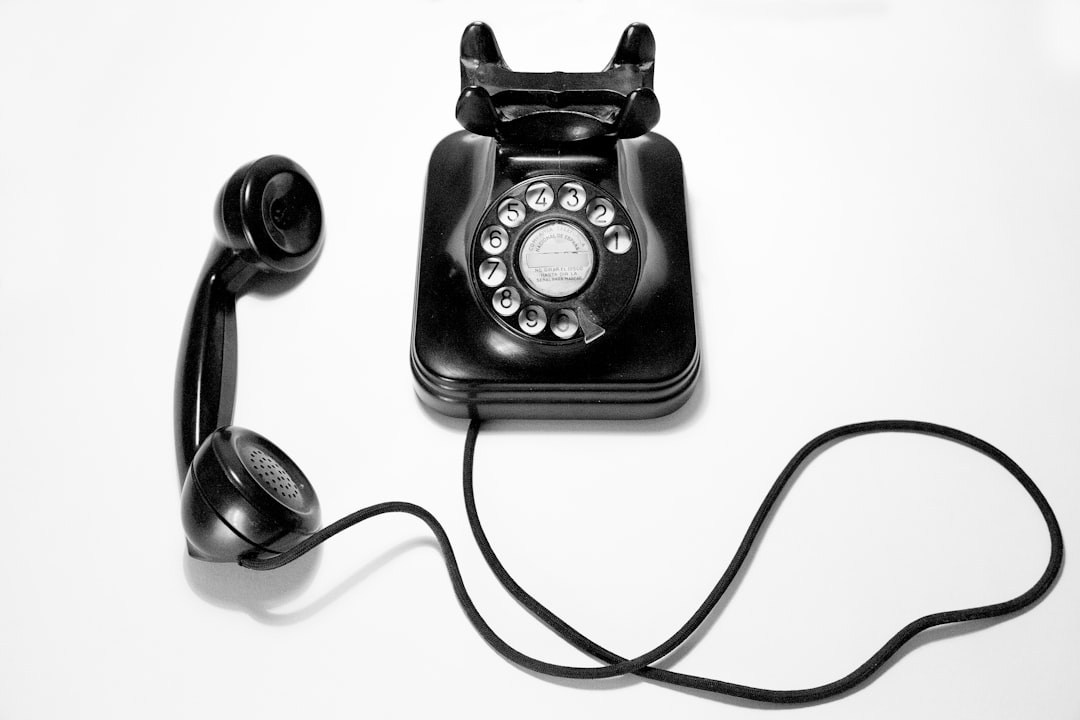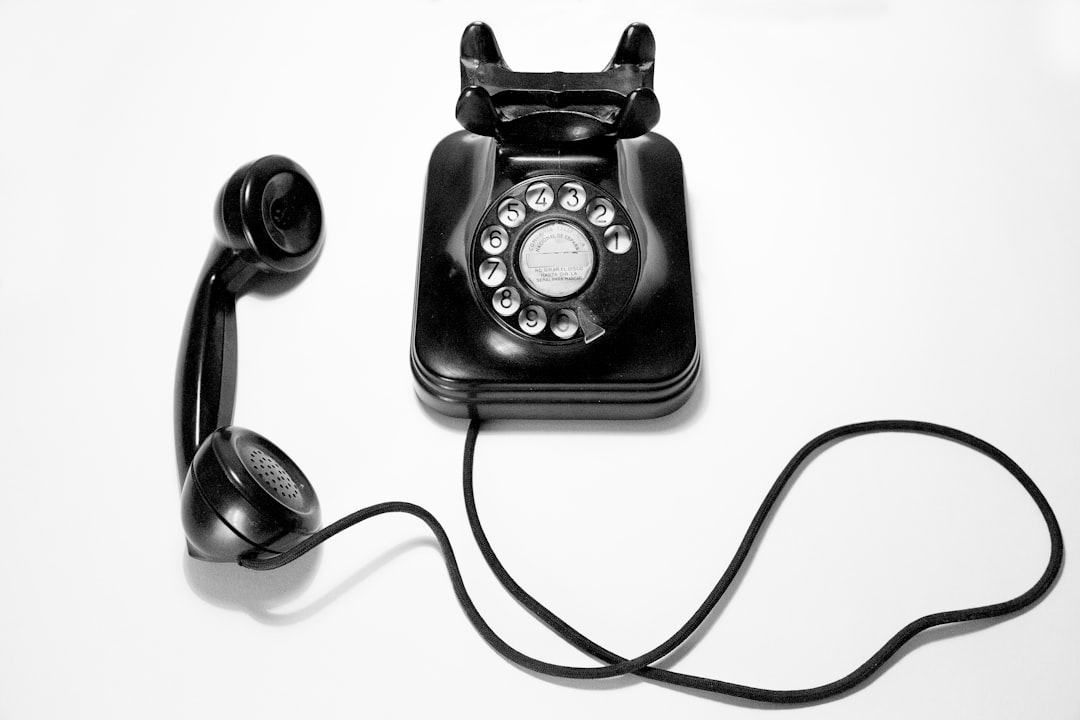Nevada's autodialer laws, governed by the Telephone Consumer Protection Act (TCPA) and state guidelines, restrict business robocalls without prior explicit consent. Businesses using autodialers must obtain consent, implement opt-outs, and adhere to time restrictions or face severe fines. Consulting an autodialer Lawyer Nevada ensures compliance, minimizes legal risks, protects customer trust, and fosters ethical practices in the digital era.
As a business owner, staying informed about robocall regulations is crucial to avoid legal pitfalls and maintain customer trust. This guide navigates the complex landscape of robocall laws in Nevada, specifically focusing on autodialers. We’ll explore the legal framework governing automated calls, help you identify your business’s risk exposure, and provide best practices for compliance. Additionally, we discuss when to consult a lawyer in Nevada to navigate potential legal actions and liability.
Understanding Robocall Regulations: Legal Framework in Nevada
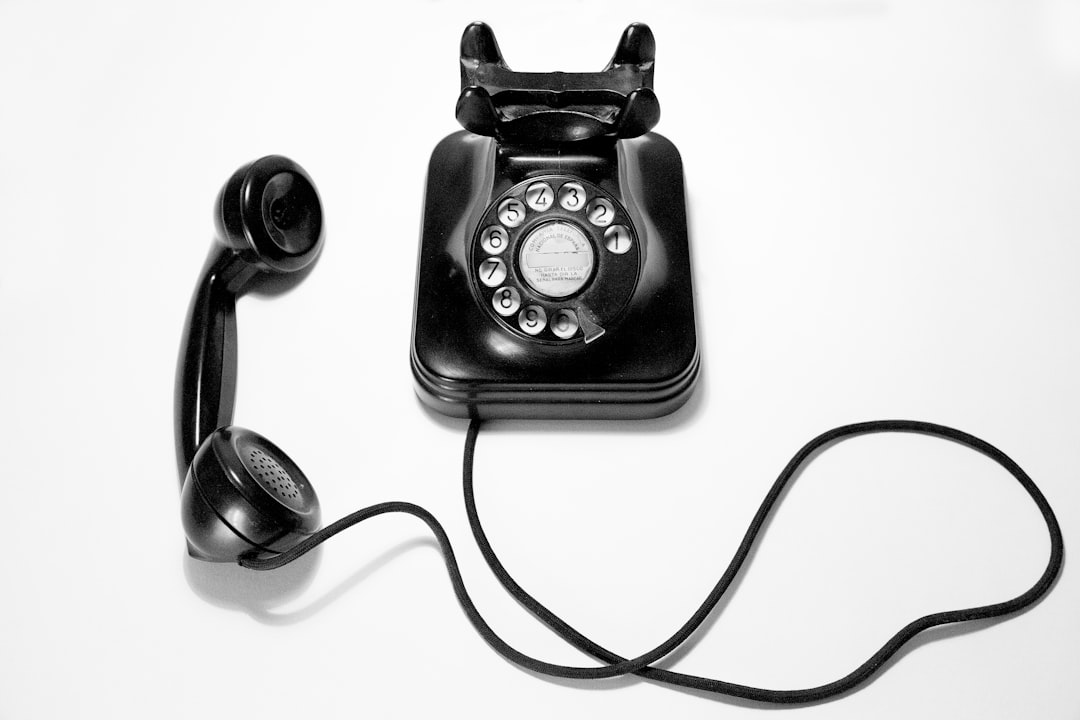
In Nevada, the legal framework surrounding robocalls is regulated by a combination of state and federal laws. The key piece is the Telephone Consumer Protection Act (TCPA), which restricts businesses from using automated dialing systems—also known as autodialers—to make telemarketing calls without prior explicit consent. This includes prerecorded messages, live operators, or artificial voices. Nevada’s Attorney General’s Office plays a crucial role in enforcing these regulations.
Businesses that utilize autodialers for marketing purposes must comply with strict guidelines to avoid legal repercussions. Engaging an autodialer lawyer in Nevada who specializes in TCPA compliance is essential. Such legal experts can guide business owners on obtaining proper consent, providing clear opt-out mechanisms, and ensuring calls adhere to time restrictions. Staying informed about evolving regulations is vital for maintaining a compliant robocalling strategy.
Identifying Your Business's Risk Exposure with Autodialers

As a business owner, understanding your risk exposure is crucial when it comes to robocalls and autodialers. These automated calling systems, while powerful marketing tools, can also expose your company to regulatory risks if not used correctly. Nevada, like many states, has strict laws governing telemarketing practices, and using an autodialer without proper authorization or in violation of these regulations can result in significant fines and legal consequences.
Identifying potential risks is the first step. Businesses should assess their current autodialer practices to ensure compliance with state and federal guidelines. Seeking advice from a Nevada-based autodialer lawyer can help you navigate this complex landscape, ensuring your business operates within legal boundaries and minimizes its exposure to costly penalties and reputational damage associated with robocall regulations.
Strategies for Compliance: Best Practices for Nevada Businesses

Navigating the complex landscape of robocall regulations can be daunting for Nevada business owners, but implementing robust strategies for compliance is essential to avoid legal pitfalls and maintain customer trust. Start by ensuring your business uses an autodialer that complies with the Telephone Consumer Protection Act (TCPA). This federal law restricts automated calls and texts to phone numbers on a Do Not Call list, mandating explicit consent from recipients. Engage the services of a qualified Nevada autodialer lawyer for expert guidance in selecting and configuring the right technology to meet these standards.
Additionally, maintain meticulous records of consumer opt-in and consent processes. Clearly communicate your call procedures and provide mechanisms for recipients to opt out. Regularly review and update your privacy policies and marketing strategies to align with TCPA guidelines. Stay informed about state-specific regulations in Nevada that may supplement federal requirements. Proactive compliance not only shields your business from legal action but also fosters a reputation for ethical and responsible practices, enhancing customer relationships and brand integrity.
Navigating Legal Actions & Potential Liability: When to Consult an Attorney

Navigating legal actions and potential liability is a crucial aspect of running a business in today’s digital era, especially with the rise of robocalls. As a business owner, it’s essential to understand that automated dialing systems, or autodialers, are subject to stringent regulations to protect consumers from unwanted calls. Nevada, for instance, has specific laws governing the use of autodialers to ensure fair practices.
If your business engages in automated calling, it’s wise to consult an attorney specializing in telecom and consumer protection laws early on. Legal counsel can help you interpret and comply with regulations, including obtaining proper consent from call recipients, ensuring accurate do-not-call lists, and avoiding potential fines and litigation. An autodialer lawyer Nevada can guide your business through complex legal landscapes, helping you navigate the fine line between effective marketing and regulatory compliance to protect both your interests and those of your customers.

